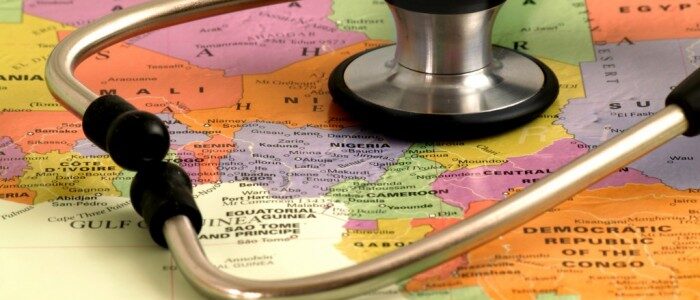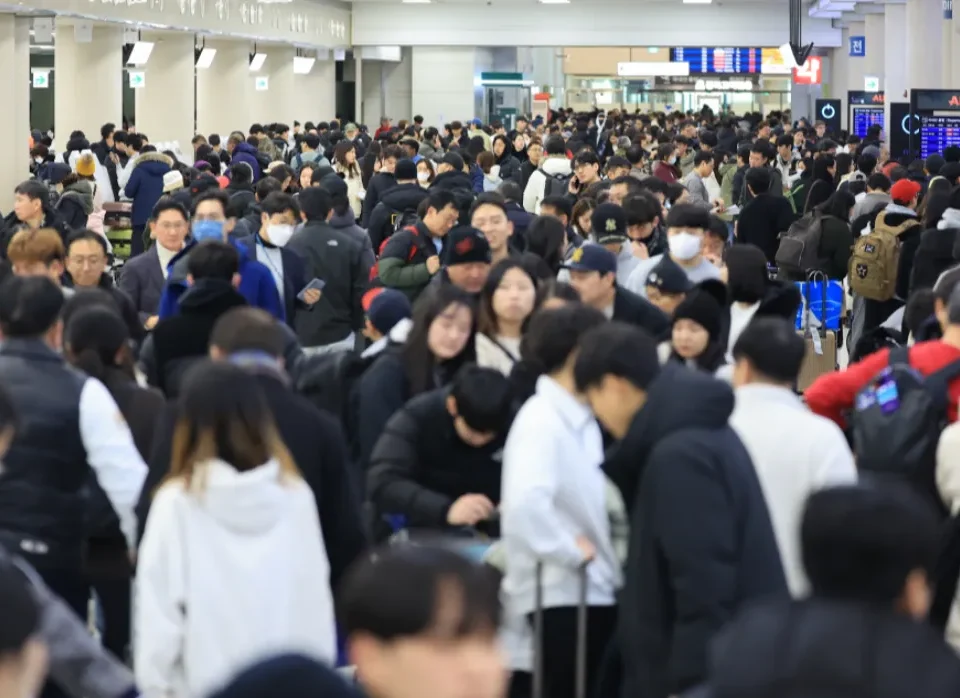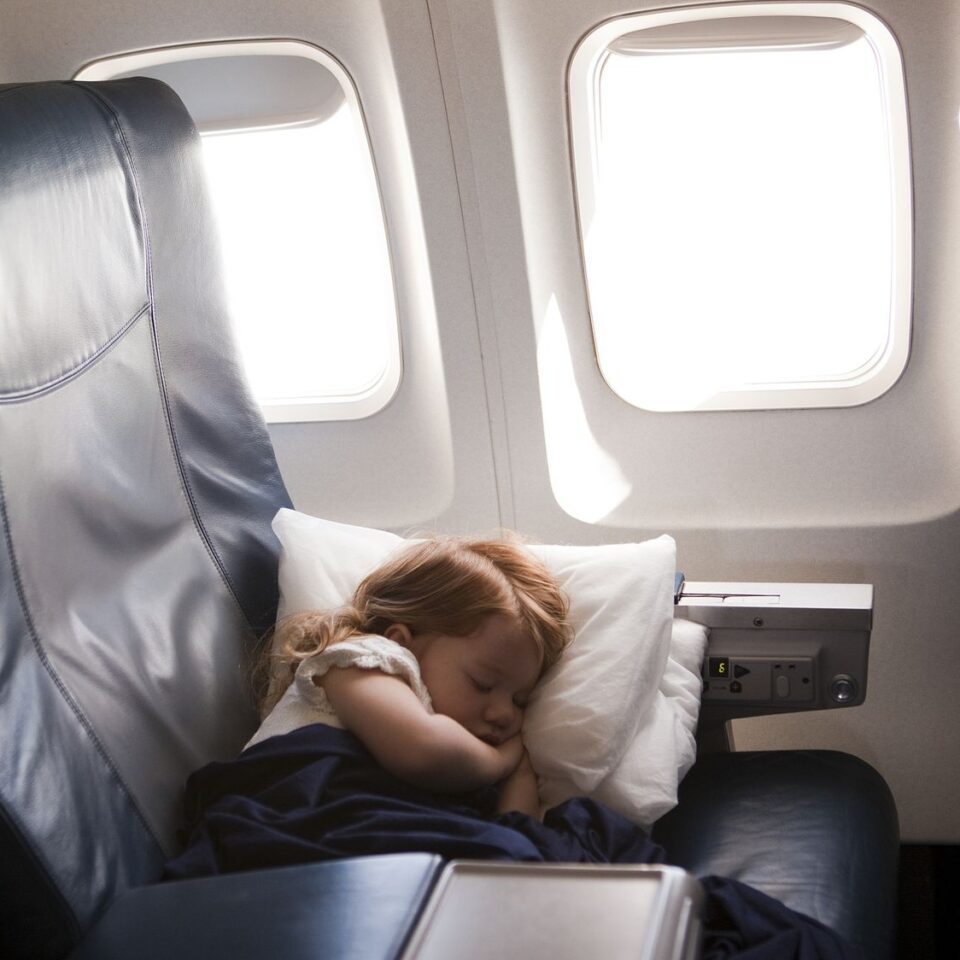Traveling is an exciting adventure, but it can also come with unexpected challenges—one of the most daunting being a medical emergency in a foreign country. Imagine dealing with a sudden illness or injury without access to your usual healthcare network.
It’s a scenario no one wants to think about, but a little preparation can make all the difference.
Research Your Destination
Know the Local Healthcare System
Before heading to your destination, it’s a smart move to get an idea of how the local healthcare system works. Healthcare availability can vary dramatically depending on whether you’re traveling to a bustling city or a remote area. For instance, in urban centers, hospitals and clinics are typically more accessible, while rural areas may have limited medical resources. Understanding what’s available can help you plan for emergencies.
Familiarize Yourself with Local Medical Facilities
Take time to look up the nearest hospitals, clinics, and pharmacies to your accommodation. Bookmark them on your phone or note them in your travel itinerary. Knowing where to go in case of an emergency can save you precious time.
Language Barriers in Healthcare
In some countries, language can be a huge obstacle when seeking medical care. If the local language isn’t one you’re fluent in, consider downloading a translation app or carrying a card with basic medical phrases translated. This can bridge the gap and ensure you get the care you need without unnecessary delays.
Purchase Travel Insurance
Why Travel Insurance is Essential
One of the most important steps you can take is to purchase travel insurance that covers medical expenses abroad. Medical treatment in foreign countries can be expensive, especially if you need hospitalization or emergency surgery. A robust insurance plan can help you avoid astronomical bills and provide peace of mind.
Types of Coverage
There are different types of travel insurance. Look for policies that cover emergency medical treatment, medical evacuation (in case you need to be airlifted to a different country for treatment), and trip interruption coverage in case your plans change due to a health issue.
What to Look for in a Travel Insurance Plan
When selecting an insurance plan, make sure it covers any pre-existing medical conditions you have. Also, ensure it provides 24/7 support so you can get help at any time, no matter your time zone.
Pack a First Aid Kit
Essentials to Include in Your First Aid Kit
A well-stocked first aid kit is a travel must-have. Include basics like bandages, antiseptic wipes, pain relievers, and medications for upset stomachs. You never know when you might need them, and being prepared can save you a trip to the pharmacy.
Personal Medications and Prescriptions
If you take any prescription medications, bring enough to last the entire trip and a little extra in case of delays. Carry your medications in their original packaging, along with a copy of your prescription. This will be useful if you’re questioned by customs officials or need a refill abroad.
Prepare and Organize Medical Documents
Have Your Medical Records Handy
If you have any chronic illnesses or significant medical history, bring a copy of your medical records. Both digital and paper copies are ideal, as some areas may not have internet access. These records could provide vital information to doctors in an emergency.
Document Your Prescriptions
Make sure to bring translations of your prescriptions if you’re traveling to a country where English isn’t widely spoken. Some countries may not recognize your medications by name, so having a translation can help avoid confusion at pharmacies.
Learn Basic First Aid
Importance of First Aid Knowledge
Knowing basic first aid can be lifesaving, especially if professional help isn’t immediately available. Simple actions, like stopping a bleed or performing CPR, can make a huge difference in the critical minutes before an ambulance arrives.
Key First Aid Skills to Know
Focus on learning essential skills such as how to treat burns, perform CPR, and recognize signs of a stroke or heart attack. You can take a first aid class online or in-person before your trip to feel more confident in handling emergencies.
Know Emergency Numbers and Procedures
Local Emergency Numbers
Every country has different emergency numbers. While many of us know “911” by heart, it won’t work in Europe or Asia. Look up the emergency numbers of the country you’re visiting and save them on your phone. You might also want to keep them written down in case your phone battery dies.
Embassy and Consulate Contacts
Your country’s embassy or consulate can be a valuable resource in a medical emergency, especially if you need to be evacuated. Have their contact information ready, and don’t hesitate to reach out if you face difficulties.
Stay Healthy While Traveling
Preventing Common Travel-Related Illnesses
Simple precautions like drinking bottled water, avoiding street food, and practicing good hand hygiene can go a long way in keeping you healthy on your trip. Avoiding dehydration, especially in hot climates, is also crucial.
Avoiding Altitude and Heat-Related Issues
If you’re traveling to high altitudes or hot regions, learn to recognize symptoms of altitude sickness or heatstroke. Both conditions can escalate quickly, and knowing how to prevent them is key.
Understand Your Health Risks
Pre-existing Conditions
If you have a chronic illness, make sure you have a plan in place to manage it while traveling. This might mean scheduling doctor’s appointments before you go, bringing extra medication, or knowing where you can get specialized care abroad.
Age and Other Risk Factors
As you age, or if you have specific health concerns, your preparation needs might change. Tailor your emergency planning to your personal risk factors for added peace of mind.
Stay Connected with Loved Ones
Share Your Itinerary and Medical Info
Always share your travel plans and emergency contact details with someone back home. In the event of an emergency, they’ll know how to reach you or provide crucial information to medical personnel.
Have a Communication Plan
Whether it’s using international roaming, local SIM cards, or messaging apps, ensure you have a way to contact loved ones in case of an emergency.
Use Technology to Your Advantage
Health and Travel Apps
There are several apps designed to help travelers manage their health. From apps that store your medical records to those that help you translate symptoms, technology can be a lifeline when you’re in need.
GPS and Location Sharing
Using GPS and sharing your location with a trusted person ensures someone knows where you are at all times, even if you’re exploring off the beaten path.
Preparing for a medical emergency while traveling may seem like over-planning, but it’s one of the best ways to ensure a safe and worry-free trip. By researching your destination, purchasing the right insurance, and taking basic precautions, you can enjoy your travels knowing you’re ready for whatever comes your way.
FAQs
How can I find local medical facilities before I travel?
You can search online, consult travel forums, or ask your accommodation for recommendations. Many travel insurance providers also offer access to medical facility databases.
Is travel insurance worth it for short trips?
Yes, even short trips can result in unexpected medical issues. Travel insurance is a small price to pay for peace of mind.
What should I do if I don’t speak the local language and have a medical emergency?
Carry a translation app or a card with key medical phrases in the local language. You can also seek help from your hotel staff or embassy.




